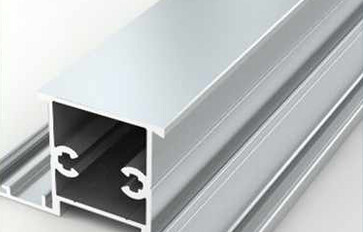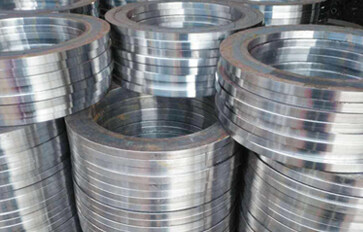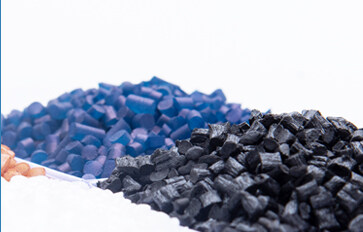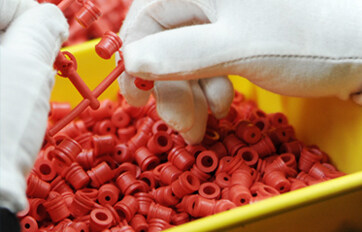
Final Application
The final application of your parts can have the most significant effect on your selection of food grade, medical grade or other special high-performance engineering materials. Environment temperature and contact medium should be considered as well.
Mechanical Property
Mechanical properties include strength and ultimate strain in several modes, impact strength, abrasion resistance, ductility, coefficient of friction, hardness, and machinability.
Take plastic materials for instance, when selecting the plastic materials, the engineer should analyze conditions of parts load, including load ability, types and time, then compare the physical properties of plastic materials. See the below sheet five typical load conditions and plastic properties engineers should consider about.
| Typical Load Conditions and Plastic Properties Should be Considered About | |
|---|---|
| Load Conditions | Plastic Properties Should be Considered About |
| Short-term load | Stress-strain behavior |
| Long-term load | Creep |
| Repetitive load | Fatigue Strength |
| High speed and impact loads | Impact Strength |
| Loads at extreme temperature | Thermal stress-strain behavior |
Electrical and Thermal Requirements
If you are considering the plastic materials, you should evaluate on the operating temperature of plastics, and the electrical property is crucial in the parts of household appliances.

offers excellent machinability, low cost, and versatility.

has a higher corrosion resistance than regular steel and is widely used because of the ease in which it is formed into various shapes.

offers high abrasion and wear resistance, low moisture absorption, and low coefficient of friction.

offers high impact strength, low heat conductivity, and low coefficient of friction. For most applications, ABS can be used between −20 and 80 °C (−4 and 176 °F) as its mechanical properties vary with temperature.

used in engineering are strong, tough materials, and some grades are optically transparent. They are easily manufactured, molded, and thermoformed. Because of these properties, polycarbonates find many applications.

Cost is an important reason when choosing the final material, and sometimes it may be the decision-making factor for your choice.

Don’t forget the surface treatment. If you want your parts anodized, per- haps you should think about aluminum alloys, and if you want the logo laser engraved on your parts, you should think about metal materials.

You should consider about if your chosen material meets the safety regu- lations or certain certification requirements, such as 3C Certification, FDA, USDA, UL. Meanwhile, it is also necessary to consider whether your prod- ucts need to meet the requirements of UL94 fire rating.
Over more than a decade, the engineers of RPWORLD has accumulated experience on how to find the right material, and considering all aspects mentioned above. If you have more questions about CNC machining selection, please contact us for more information, the professional engineers will make the best choice for you.